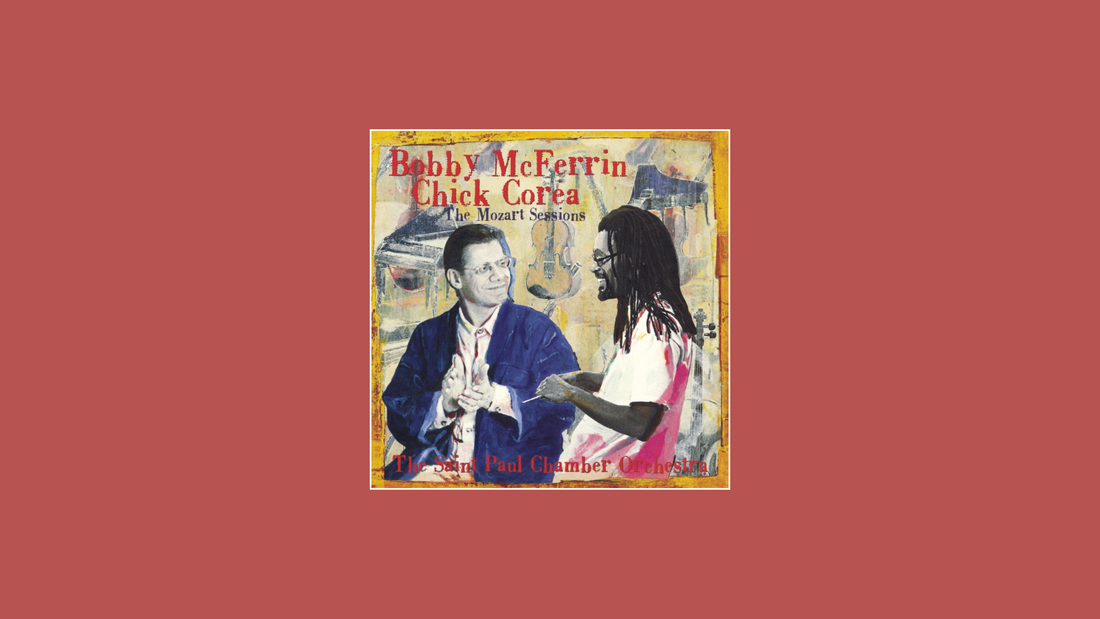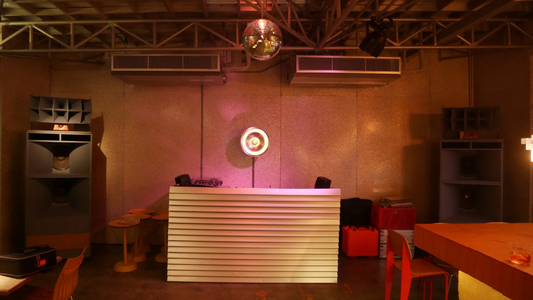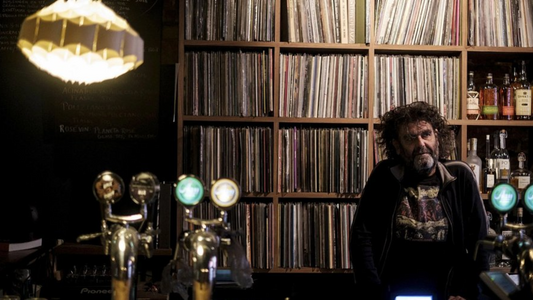
Chick Corea & Bobby McFerrin – The Mozart Sessions (1996)
By Rafi Mercer
Some albums feel destined to vanish into the cracks of categorisation, filed under the wrong label, mis-shelved, or simply overlooked in the surging tides of new releases. The Mozart Sessions, the 1996 collaboration between pianist Chick Corea and vocalist Bobby McFerrin, is one such record. When it landed on my desk at Virgin all those years ago, it arrived through a quirk of fate: the classical buyer, Lee Woollard, decided it was jazz, so it became mine. What a gift. This is an album that plays not like a compromise between genres but like a conversation that slips free of categories entirely.
Corea and McFerrin had already established a rapport in live performance, their chemistry anchored in trust and play. Corea’s piano, crystalline and exact, is both structure and springboard. McFerrin’s voice, elastic and mischievous, is flute, bass, percussion, sometimes a whole orchestra in itself. Bring them together with Mozart and what you get is not a reverent recital but an act of joyous reinvention. These sessions treat the composer not as marble bust but as fellow improviser, someone alive in the room, laughing at the surprises, leaning into the play.
The album opens with the familiar contours of Mozart’s piano concertos, but almost immediately the air shifts. Corea plays with immaculate clarity, phrases articulated like cut glass. McFerrin enters, not with lyrics but with sounds, syllables, whoops, and whispers. His voice bounces off the piano lines, sometimes shadowing, sometimes leaping away, sometimes teasing. What could have been pastiche instead becomes alive. You hear Mozart refracted through jazz phrasing, through folk play, through sheer curiosity. It is at once sophisticated and childlike, rigorous and free.
On vinyl or through a good system, the delight is in the detail. Corea’s touch is light yet decisive — every note carries intention, every chord sits with authority. McFerrin’s voice, recorded with intimacy, moves from breath to resonance, from chest to falsetto, with a control so natural it feels improvised. You catch the tiny inflections: the intake of breath before a leap, the faint hum behind a phrase, the way resonance lingers in the room. These details make the recording less performance and more presence. It feels like you are sitting in the studio, watching two masters laugh their way through genius.
For listening culture, The Mozart Sessions is an oddity — not a canonical jazz record, not a classical landmark, but something liminal. Yet in the right setting, especially in a listening bar, it works beautifully. Drop the needle and the room tilts. People recognise Mozart, perhaps, but then they hear McFerrin scatter syllables over the top, Corea spinning improvisations around the familiar lines, and suddenly the atmosphere shifts from respect to wonder. It is playful, but it is also profound. It shows that deep listening does not always mean solemnity; it can mean laughter, surprise, delight.
One of the album’s strengths is how it avoids gimmick. Corea is never ornamental; his playing honours Mozart’s clarity while adding his own harmonic shading. McFerrin is never merely eccentric; his vocal acrobatics always serve the music, highlighting rhythms, illuminating phrases, opening space. Together, they create something Mozart himself might have recognised: improvisation as dialogue, virtuosity as conversation. The music breathes because it is shared.
There are moments here that remain unforgettable. The slow movements where McFerrin’s voice hovers like another instrument, wordless yet expressive. The faster passages where he turns percussionist, mouth and body creating rhythms that propel Corea forward. The cadenzas where piano and voice blur into one another, boundaries dissolved. Each track is less performance than encounter. Each feels like an answer to the question: what happens if we treat Mozart not as relic but as living repertoire?
In hindsight, The Mozart Sessions was ahead of its time. Today, genre-crossing projects are everywhere; in 1996, this was still radical. That may explain why it was overlooked, tucked into bins where it didn’t quite belong. Yet listen now, and the freshness remains. The recording is clean, the interplay electric, the joy palpable. It is a reminder that music does not belong to categories, it belongs to musicians, and to listeners willing to follow where it leads.
Played at home on a Sunday, the album works like sunlight through curtains — clear, bright, enlivening. Played in a bar on a quiet evening, it has the power to make strangers smile at one another, to break the spell of solemnity without breaking the thread of listening. It is Mozart, but it is also jazz, also play, also life.
What lingers after the final notes fade is not simply admiration for Corea’s brilliance or McFerrin’s inventiveness. It is gratitude. Gratitude that two musicians took the risk to meet Mozart halfway, to refuse reverence in favour of presence. Gratitude that a record like this exists, ready to resurface when the world needs to remember that joy is as essential as depth in the architecture of sound.
Some albums become classics by weight of history. Others become classics because they refuse to age. The Mozart Sessions is the latter. Drop the needle, hear Corea’s piano sparkle, hear McFerrin’s voice leap and hover, and remember that music at its best is play made permanent.
Rafi Mercer writes about the spaces where music matters. For more stories from Tracks & Tales, subscribe, or click here to read more.







